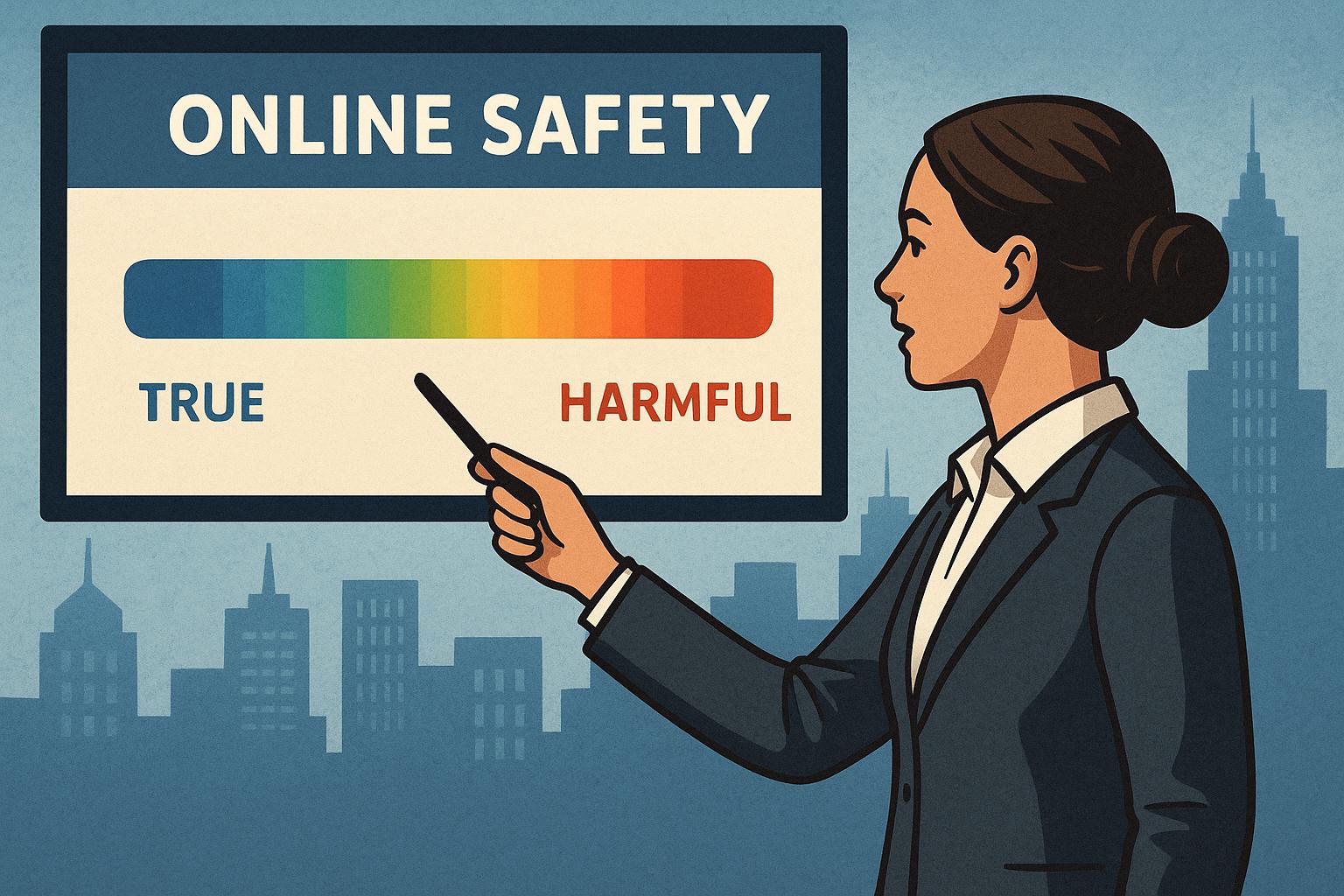London's Deputy Mayor for Children and Families, Joanne McCartney, has called for urgent reforms to the school curriculum and enhanced training for teachers to better equip children to navigate increasing exposure to online harms, including pornography and toxic social media influencers like Andrew Tate. Speaking at a National Education Union event during the Labour Party conference, McCartney highlighted a troubling development: children, even at primary school age, are encountering harmful content at earlier ages, facilitated by social media algorithms that draw them deeper into damaging material.
The implementation of the UK’s Online Safety Act (OSA) this summer was a landmark step towards protecting children online, mandating platforms to introduce age verification checks to restrict access to inappropriate content. However, McCartney expressed concern that these protective measures are being circumvented through Virtual Private Networks (VPNs) and manipulated images, allowing young users to access even more dangerous content hidden in the darker corners of the internet. She emphasised that education has not kept pace with rapid technological changes: "Education is not keeping up with the technological change and talks about digital literacy from our young people, the ability to understand and appreciate the issues about these information and sources."
According to research conducted by City Hall in 2021, more than 70% of young people reported seeing violent or explicit content during the COVID-19 lockdowns, including videos depicting suicide, nudity, and extreme violence. Yet, despite this widespread exposure, only 40% of those affected reported online harms, often due to a lack of knowledge on how to report or a perception that previous complaints had been ignored. This gap points to a critical need for resilience-building among young people—helping them to recognise red flags and understand when online content is harmful.
In response, the Violence Reduction Unit in London is rolling out initiatives to train teachers, youth workers, and parents about online harms, alongside programmes designed to bolster young people's resilience. McCartney underscored the importance of embedding lessons on respectful and healthy relationships from the primary school stage, aiming to counteract the influence of harmful online figures and the "toxic environment" their content fosters. The upcoming curriculum review offers an opportunity to incorporate stronger digital literacy components, although McCartney warned that schools would require adequate resources and teacher training to implement these changes effectively.
The Department for Education has outlined new guidance for Relationships, Sex, and Health Education to be introduced from 2026. This includes teaching children positive attitudes toward relationships within their families and peer groups at the primary level. Secondary school curricula are expected to expand on this with dedicated content addressing incel culture, the influence of online content on sexual ethics and behaviour, and raising awareness of emerging technologies such as AI and deepfakes, alongside the links between pornography and misogyny.
Daniel Kebede, General Secretary of the National Education Union, echoed the call for a cultural shift in societal responsibility, arguing that protecting children cannot fall solely on parents or schools. Instead, he insisted that social media giants themselves must be held accountable to act responsibly and adhere rigorously to regulations. "It's incumbent on us to do something as a society," he said, urging greater regulation of technology companies to safeguard young users.
The Online Safety Act, which places legal duties on internet service providers, requires robust age verification methods and ongoing monitoring to prevent minors from accessing harmful content. Ofcom, the UK’s communications regulator, has been tasked under the Act with providing guidance to ensure these age verification systems are highly effective. Nonetheless, the rise of VPNs and digital manipulation poses ongoing challenges, illustrating the complex interplay between legislation, technology, education, and societal responsibility in the fight against online harms.
The concerns raised by McCartney and other education leaders point to the need for a multi-faceted approach that combines legislative enforcement with proactive education, support for resilience in children, and holding tech platforms accountable. Only by addressing these issues comprehensively can society hope to protect young people from the serious and damaging consequences of unregulated exposure to harmful online content.
📌 Reference Map:
- Paragraph 1 – [1]
- Paragraph 2 – [1], [3], [4], [6]
- Paragraph 3 – [1]
- Paragraph 4 – [1]
- Paragraph 5 – [1]
- Paragraph 6 – [1]
- Paragraph 7 – [1]
- Paragraph 8 – [1], [3], [4], [7]
Source: Noah Wire Services
